9 things that will happen to our planet if the Amazon rainforest burns down completely
Categories: Animals | Nature | Photo project | Tragedy | World
By Vika https://pictolic.com/article/9-things-that-will-happen-to-our-planet-if-the-amazon-rainforest-burns-down-completely.htmlThe Amazon rainforest is shrinking at an alarming rate. We are currently losing one "football field" of the Amazon forest every minute. Raging fires, deforestation, and global warming are tearing apart the mighty rainforest as we speak, with 74,000 fires recorded in Brazil this year alone. Yes, the Lungs of the Earth are facing potential extermination from the face of the Earth, but if the Amazon does indeed disappear completely, the consequences would be horrendous.
We've compiled a list of 9 scary but likely things that could happen to our planet from the potential destruction of the Amazon rainforest.
9 PHOTOS
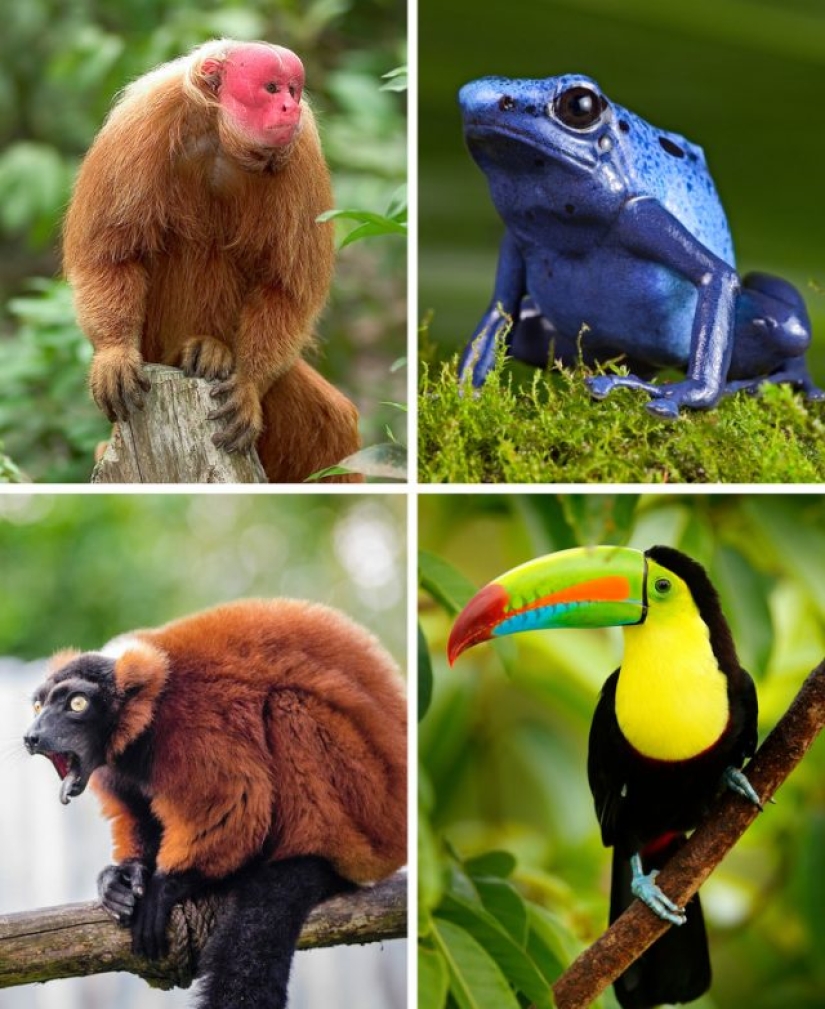
1. Nearly half of the world's plant, animal, and microbial species will be destroyed.
The Amazon rainforest is home to 10% of the world's species, including 40,000 plant species, 3,000 freshwater fish species, over 370 reptile species, and 2.5 million insect species. According to many experts, we are currently losing 137 species of animals, plants, and insects every day. This amounts to about 50,000 species per year, which is a disaster for the world's biodiversity. If this trend continues at current levels, we will lose almost half of the world's species, including 118 endangered species.
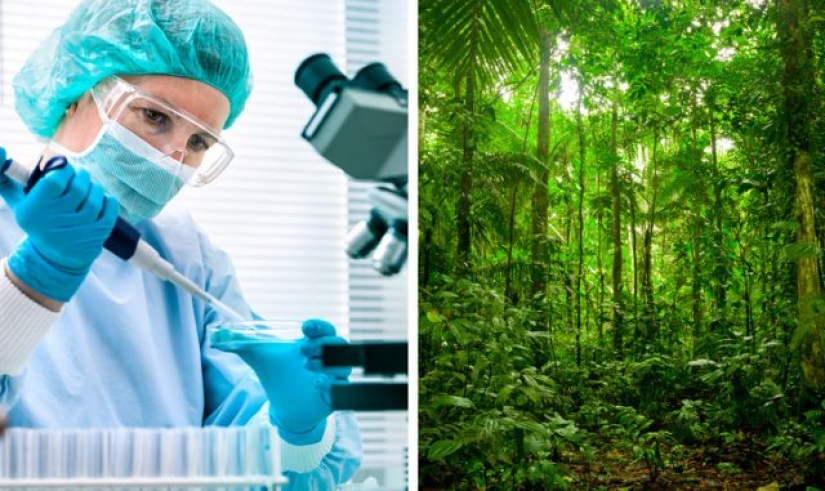
2. There will be a huge loss of medical opportunities, as 90% of human diseases are treatable with drugs derived from the Amazon nature.
The modern medical world is literally dependent on the wealth of the Amazon rainforest. Currently, 121 prescription drugs, including those for glaucoma, leukemia, heart disease, and malaria, are derived from plants found in the Amazon rainforest. And given that the Amazon rainforest is home to 80,000 plant species, of which only 1% have been tested for their medicinal potential, we would have lost all-natural sources that could potentially hide cures for many deadly diseases.
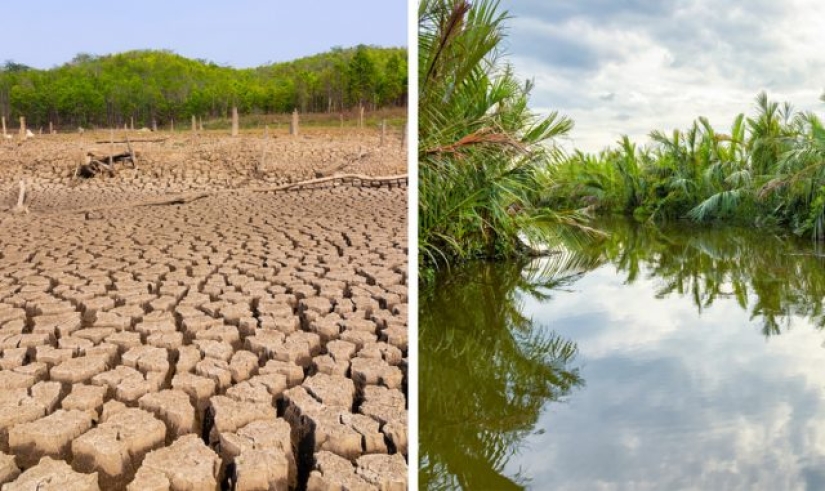
3. There will be extended periods of dry weather and severe flooding.
If the Amazon rainforest is destroyed, rainfall in the forest region will decrease. This will create a ripple effect and cause an additional shift in climate change, resulting in increased drought, prolonged drought, and severe flooding. Ultimately, the consequences will be felt in every corner of our planet, as severe droughts and extreme floods lead to massive destruction of wildlife, increased erosion, and the spread of infectious diseases. Unfortunately, the Amazon rainforest is already seeing a 25% drop in rainfall in some regions.
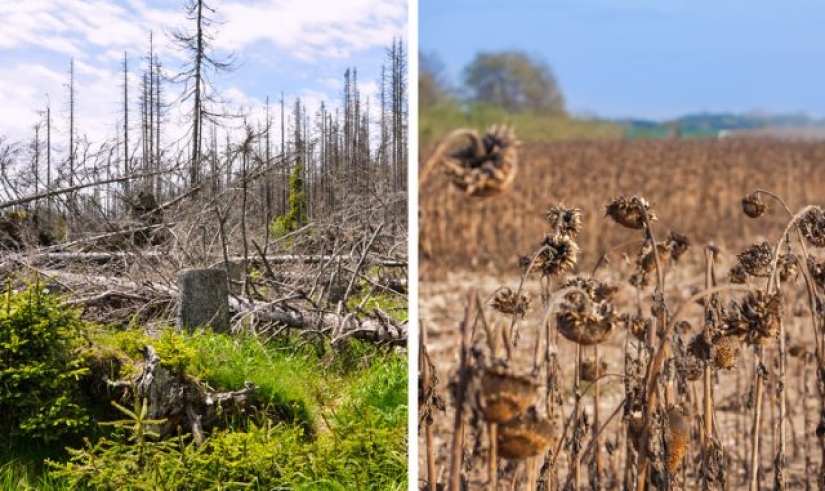
4. Less rainfall and drought can threaten agriculture, water supplies, and food.
Higher temperatures, prolonged droughts, and frequent floods will also affect agriculture, water, and food supplies. Less rainfall will lead to more pests and infectious diseases, and less water means fewer resources for planting and maintaining crops. This will seriously damage agricultural productivity, which in turn will limit our food supply.
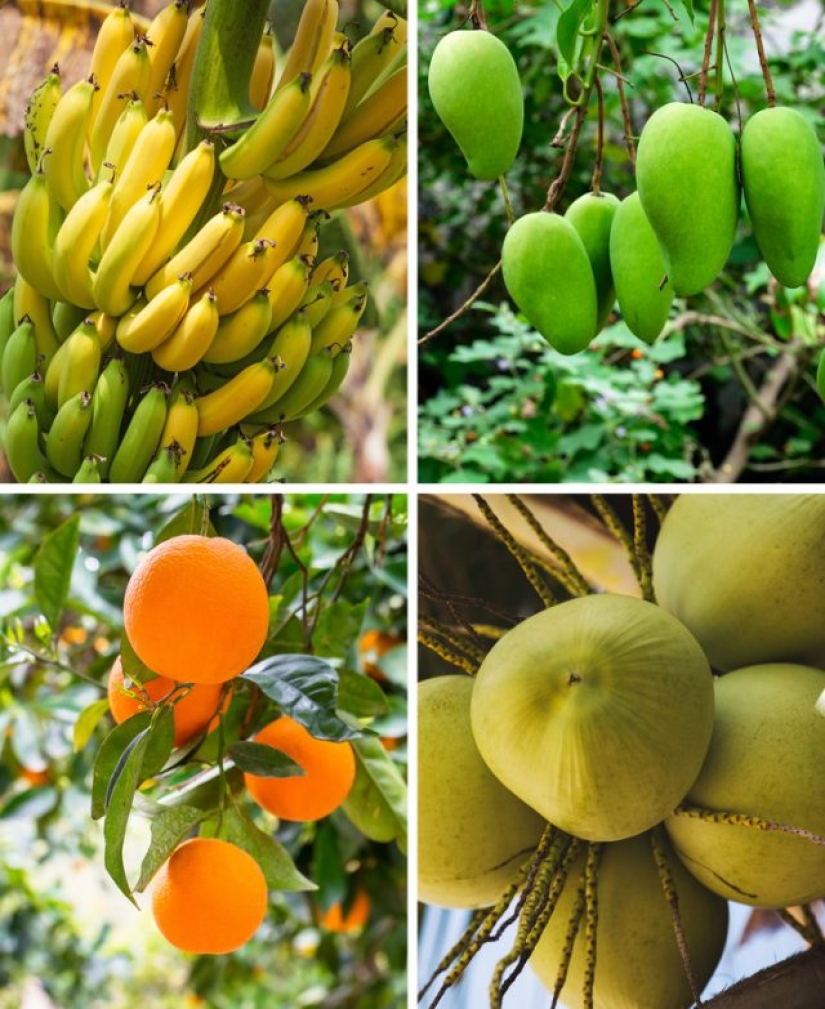
5. We would lose 80% of the food we receive worldwide.
There are over 3,000 edible fruits in the Amazon rainforest. Forests produce 80% of the world's food, including avocados, figs, oranges, grapefruits, lemons, bananas, mangoes, coffee, coconuts, chocolate, and tomatoes. The loss of the Amazon rainforest will significantly deplete our food supply.
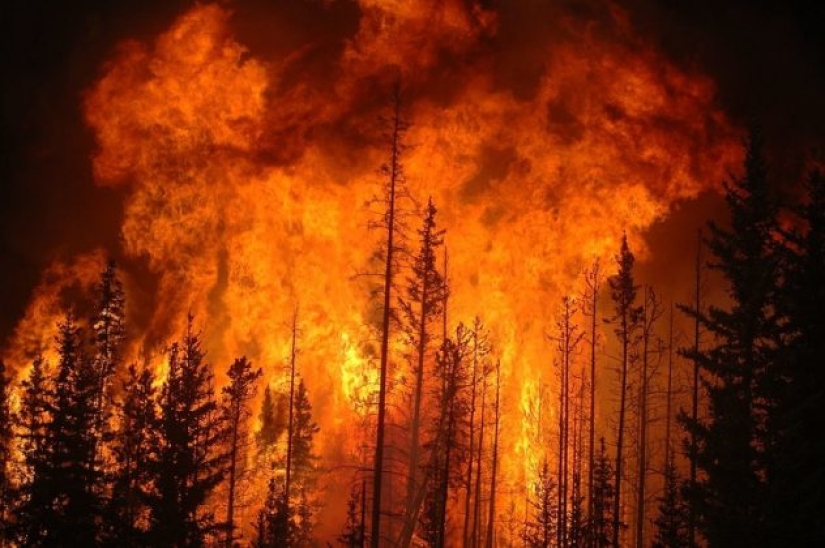
6. Decreased rainfall will increase dry weather and cause more wildfires.
Putting aside the fact that man-made fires are plaguing the Amazon rainforest, if temperatures rise, natural fires will destroy 75% of the Amazon. In addition, it will set off a chain reaction and the loss of trees will lead to less rainfall, which in turn will lead to drier weather events, which will eventually cause more wildfires around the globe.
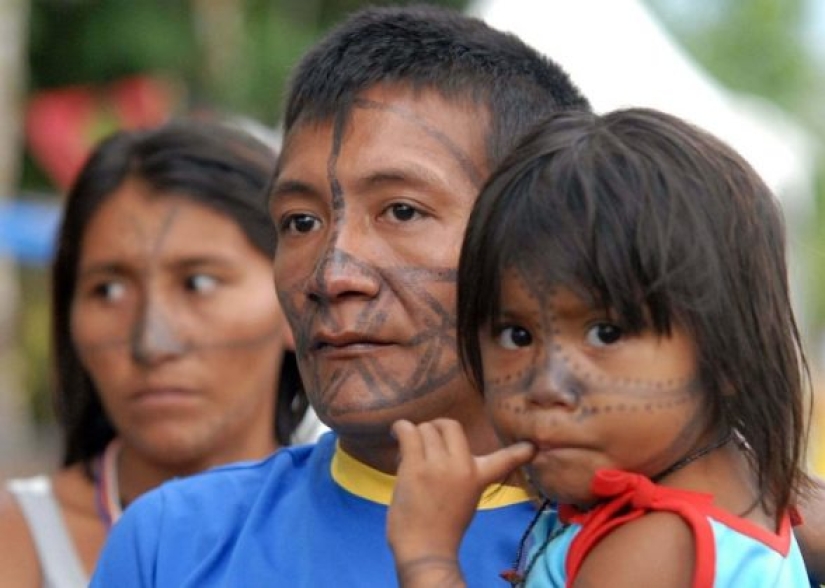
7. About 30 million people who take refuge in the rainforest will lose their homes.
The Amazon is home to over 30 million people, 2.7 million of whom are indigenous. Over 350 ethnic groups depend solely on the Amazon rainforest. Although many of them live in urban areas, all residents rely solely on the natural resources of the Amazon for food, shelter, and traditional medicine.
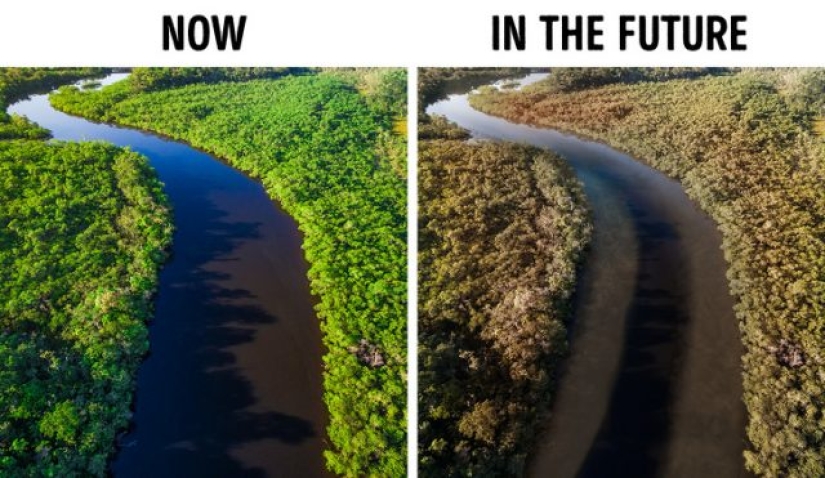
8. We would lose 20% of the world's fresh water.
The Amazon River stores 1/5 of the fresh water on Earth, which brings many benefits to both the people of Brazil and the environment. Every second, about 175,000 cubic meters of fresh water is discharged from the Amazon River into the Atlantic Ocean. Fresh water is important because it provides nutrients to plants, animals, fungi, and minerals. Lack of rainfall will have devastating effects on the freshwater system and the supply of nutrients to the river.
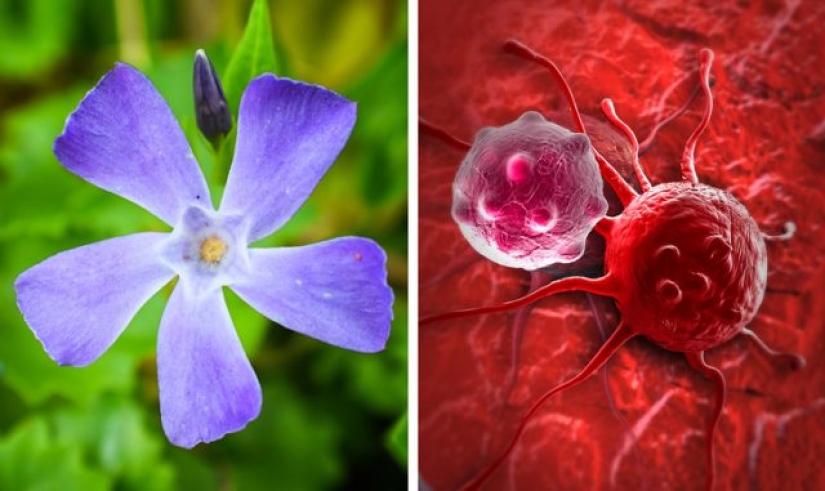
9. We would lose 70% of the 3,000 plants that actively fight cancer.
Of the 3,000 plants that are active against cancer cells, 70% are found in the rainforest, including Periwinkle, the most powerful anti-cancer drug in the world. Since its discovery, this drug has dramatically increased the survival rate of children with acute leukemia. The drug is extracted from the rainforest plant, vincristine, which originates in the rainforest.
Keywords: Planet | Earth | Life | Animals | Birds | Amazon | Rainforest | Nature | Forest | Global warming | Tragedies
Post News ArticleRecent articles

The inhabitant of Gonkog, the talented photographer Nicholas Ku, climbs the most inaccessible peaks of the Asian metropolis. This ...

It's amazing, but despite the many Premier and the variety of subjects, the genre is almost any modern film can be determine by ...
Related articles

From Markhor to Sindh Ibex, wildlife wonders in Pakistan

Idea guy from Instagram "travels" around the world, exploring the map, virtual globe Google Earth. He finds interesting and ...

Without exception, all residents of Russia, traveling to our vast country, met the strange names of towns, cities and rivers. What ...

In the modern world, weddings with matchmaking, bride redemption, toastmaster and loaf have long been relegated to the background. ...